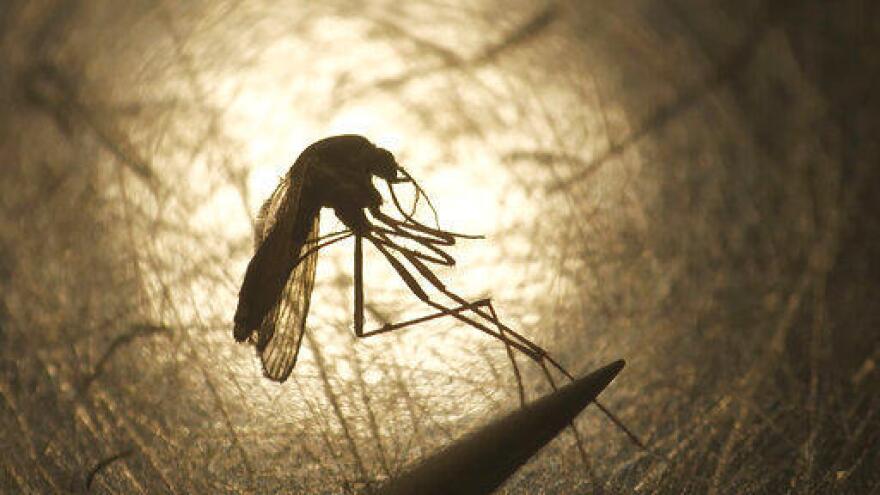NEW: Today both the State of Indiana and Michigan have reported their first human cases of EEE (Eastern Equine Encaphlitis.) The case in Indiana is in LaPorte County. The case in Michigan is in Barry County.
(You can read more about the findings in both states in their respective press releases posted below.)
|
LANSING, Mich. – A Barry County resident is suspected of having Eastern Equine Encephalitis (EEE), the Michigan Department of Health and Human Services (MDHHS) and Barry-Eaton District Health Department announced today.
Preliminary test results indicate the patient has EEE and confirmatory testing is expected to be completed by the end of the week at the MDHHS Bureau of Laboratories. No additional information will be provided on this individual. This human case is in addition to 22 confirmed cases in horses from 10 counties. Michiganders are strongly urged to protect themselves from mosquito bites following the suspected EEE case along with nine confirmed cases of West Nile Virus.
“This suspected EEE case in a Michigan resident shows this is an ongoing threat to the health and safety of Michiganders and calls for continued actions to prevent exposure, including aerial treatment,” said Dr. Joneigh Khaldun, chief medical executive and chief deputy for health at MDHHS. “MDHHS continues to encourage local officials in the affected counties to consider postponing, rescheduling or cancelling outdoor activities occurring at or after dusk, particularly those involving children to reduce the potential for people to be bitten by mosquitoes.”
EEE is one of the most dangerous mosquito-borne diseases in the United States, with a 33 percent fatality rate in people who become ill and a 90 percent fatality rate in horses that become ill. People can be infected with EEE and other mosquito-borne diseases from the bite of a mosquito carrying the viruses.
Signs of EEE infection include the sudden onset of fever, chills, body and joint aches which can progress to a severe encephalitis, resulting in headache, disorientation, tremors, seizures and paralysis. Anyone who thinks they may be experiencing these symptoms should contact a medical provider. Permanent brain damage, coma and death may also occur in some cases.
In an effort to prevent spread of EEE, MDHHS announced plans Monday, Sept. 14 to conduct aerial mosquito control treatment in certain high-risk areas of Michigan. Treatment is scheduled to begin Wednesday, Sept. 16 in the 10 impacted counties: Barry, Clare, Ionia, Isabella, Jackson, Kent, Mecosta, Montcalm, Newaygo and Oakland. Additional areas may be selected for treatment if new human or animal cases occur outside of the currently identified zones.
Aerial treatment will be conducted by Clarke from St. Charles, Ill., using specialized aircraft, beginning in the early evening and continuing up until the following dawn. Treatment will be conducted using Merus 3.0, the same product used in 2019 in Michigan to treat 557,000 acres. Merus 3.0 is registered with the U.S. Environmental Protection Agency and Michigan Department of Agricultural and Rural Development, and is labeled for public health use over residential areas.
Residents can stay healthy by following steps to avoid mosquito bites:
- Apply insect repellents that contain the active ingredient DEET, or other U.S. Environmental Protection Agency-approved product to exposed skin or clothing, and always follow the manufacturer’s directions for use.
- Wear long-sleeved shirts and long pants when outdoors. Apply insect repellent to clothing to help prevent bites.
- Maintain window and door screening to help keep mosquitoes outside.
- Empty water from mosquito breeding sites around the home, such as buckets, unused kiddie pools, old tires or similar sites where mosquitoes may lay eggs.
- Use nets and/or fans over outdoor eating areas.
For more information about EEE, visit Michigan.gov/EEE.






